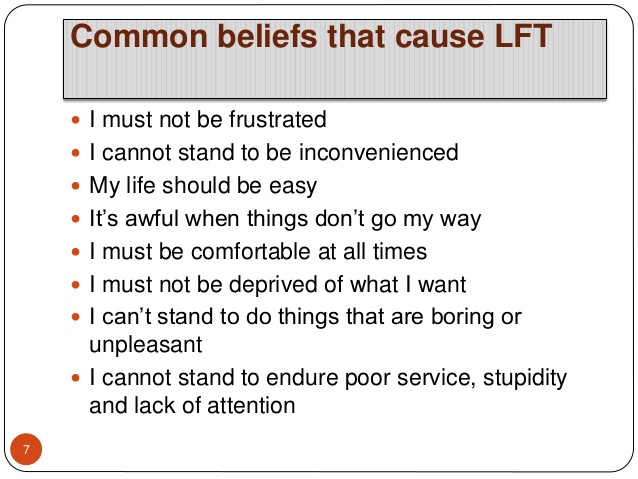Frustration is a feeling of helplessness, an emotional response that arises when certain desires and expectations cannot be fulfilled. With anger, frustration is one of the most common human emotions. If we don’t learn to handle it and finally get over it, we will. lead to a stable sense of disappointment.
Not being able to resolve feelings of frustration can lead to the demotion and abandonment of all goals and projects of any plan in our lives. Of course, life itself is not easy and the ability to control the setbacks facing fate requires patience, otherwise what would we do if at the first sign of frustration?
- Like any other emotion.
- Frustration must be controlled and channeled in a positive way.
- So that the person can cope with the difficulties and limitations presented to him by daily life.
It is important to remember that frustration itself is an ephemeral feeling, a state of uncertainty that does not define us as individuals, we must understand that going through a frustrating situation does not mean failure and that developing tolerance to frustration involves a learning process. that starts in childhood and never ends.
A low tolerance to frustration depends on these main aspects
1) The individual has a distorted perception of lived situations, because he only sees the negative side of things.
2) The person tends to want to control all the events of his life and the inability to maintain that control results in a feeling of discouragement.
3) Similarly, the subject feels unable to endure the discomfort of facing difficult life situations.
People who learn to tolerate frustration live with less stress because they are able to see any problem as an opportunity and therefore have enough clarity to find the right solutions, as they do not react with a disproportionate intensity to disadvantages.
Every human being has been frustrated at one time or another, and although frustration is an emotion that cannot be completely eliminated, with a little patience it is possible to learn to control it, for this it is necessary:
? To raise awareness of the kind of feelings and emotions that frustration generates and analyze them.
? Learn how to assimilate the fact that desires are not needs that require immediate resolution.
? Recognize that perfection does not exist and that being absurdly demanding with oneself leads to frustration, as it paralyzes productivity and the ability to be creative.
? Control negative impulses that affect an individual’s goals and emotional stability. Remembering the negative consequences of impulses in past situations allows the person to learn not to make hasty decisions because of their frustration.
Tolerance to frustration is a virtue that requires development and patience, there is no evil that does not come for the better, and although some situations cause discomfort in the present, the satisfaction of having overcome long-term difficulties will be infinite.
Image courtesy of Leland Francisco

